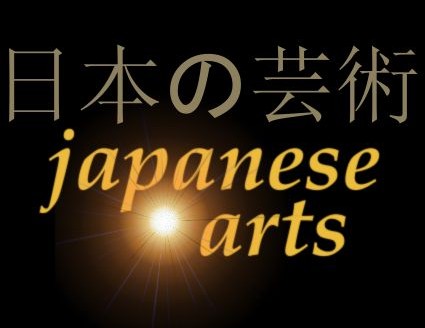| architecture |
| calligraphy |
| ceramics |
| clothing |
| comics |
| gardens |
| lacquerwork |
| literature |
| movies |
| music |
| painting |
| poetry |
| sculpture |
| tea ceremony |
| television |
| theatre |
| weaponry |
| thematic routes |
| timeline |
| the site |
context: thematic routes
Zen and Samurai
Since the links to the right, expanding on or illustrating the comments here, can go to anywhere on the site (sometimes to whole sections with dozens of pages) they each open in a new window, so that this page can be retained as master context when you have finished exploring. |
|
The start of the Kamakura was also the start of seven centuries of samurai rule in Japan, and Zen, which arrived from China at the same time, was very popular among these warriors. This is odd, in that Buddhism has generally not had such associations and is thought of as extremely pacifistic, but Zen is maybe more conducive to the military mind than other branches of Buddhism, despite its focus on meditation. It doesn't prescribe a morality, so doesn't pose so many ethical problems around military action and killing. It's a religion of intuition, of will and spirit, rather than of the intellect. It might be said to be fundamentally about removing any barriers erected by, to use modern terms, the ego or superego, to the most effective flow of the id and the focus of the whole person - so when in battle, nothing distracts or causes hesitancy, even the fear of death. |
timeline Zen more generally samurai more generally a pertinent comic story |
Its direct ascetism also fits well with a warrior spirit. Reading about the Zen mind, or no-mind, in the context of swordsmanship isn't far from reading sportsmen talking about being "in the zone" - that state where you don't have to think, where it all comes naturally and easily. |
|
Machismo |
|
This samurai period saw a reaction against the overly refined, decadent, delicate, even effeminate Heian aristocracy. Zen is a surprisingly good fit with macho sensibilities. If you look at its aesthetics, there is strength throughout, a keenness on a kind of virility, a love of the lean and sinewy, and a firm opposition to any kind of sensual indulgence. There is also the promise to remove the fear of death, which of course will always appeal to a warrior. We also shouldn't underestimate the impact of the coincidental timing: Zen arrived in Japan within a couple of years of the samurai grabbing power for the first time: they were looking for new ways of thinking, a religion more in tune with their reign, perhaps something to legitimise their taking power from the divine emperor, so something that fitted and validated their instincts and didn't have any interest in worshipping divine beings was just right. |
Heian art Heian calligraphy |
The Way of the Sword |
|
There is also the fact that sword-fighting became regarded as an art more in the countries of SE Asia where Zen took hold than anywhere else in the world. It's impossible to sort out cause and effect here, whether seeing it as art as well as killing made it more morally acceptable, whether seeing it as art made it easier to fit it in with a religion so bound up with various arts, whether Zen caused this view or this view caused it to be so tied to Zen, and many other permutations. Perhaps it is self-serving and fundamentally deceitful to see it that way, I don't know. We also have a tidy but circular moral argument from this: that if the superior Zen mind can always defeat someone without such spirit, this proves that the good guys always win, because the winners are by definition those with the superior religious attainment. This is a pretty appealing line of thought if you are the leader of an army killing your enemies to win control of the country. |
Japan's greatest swordsman was also a great painter |
